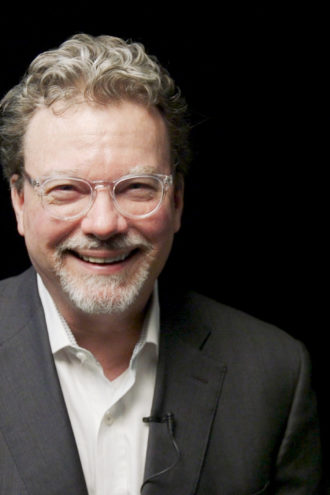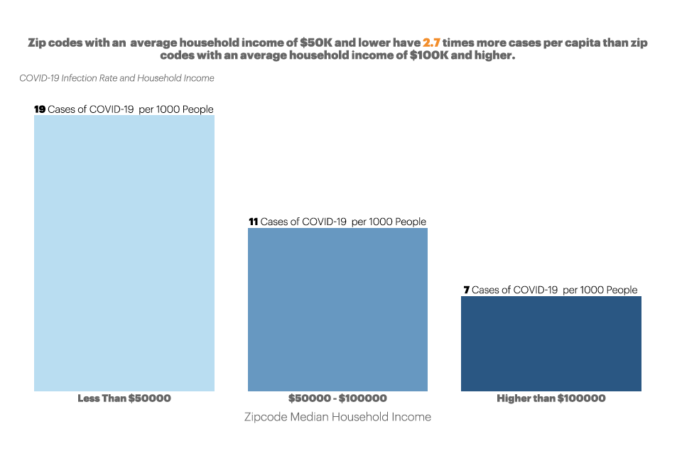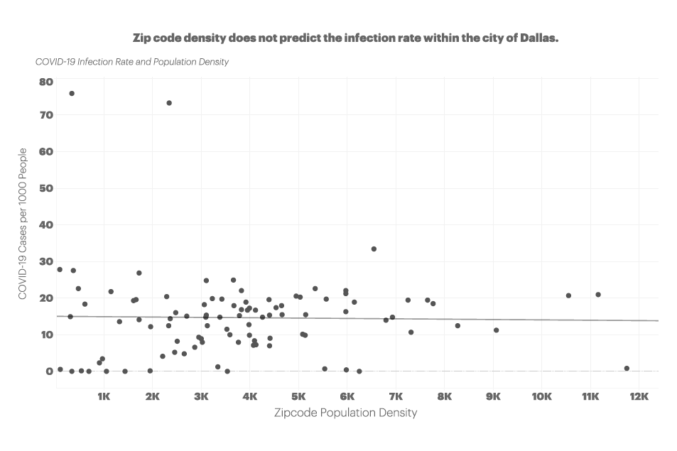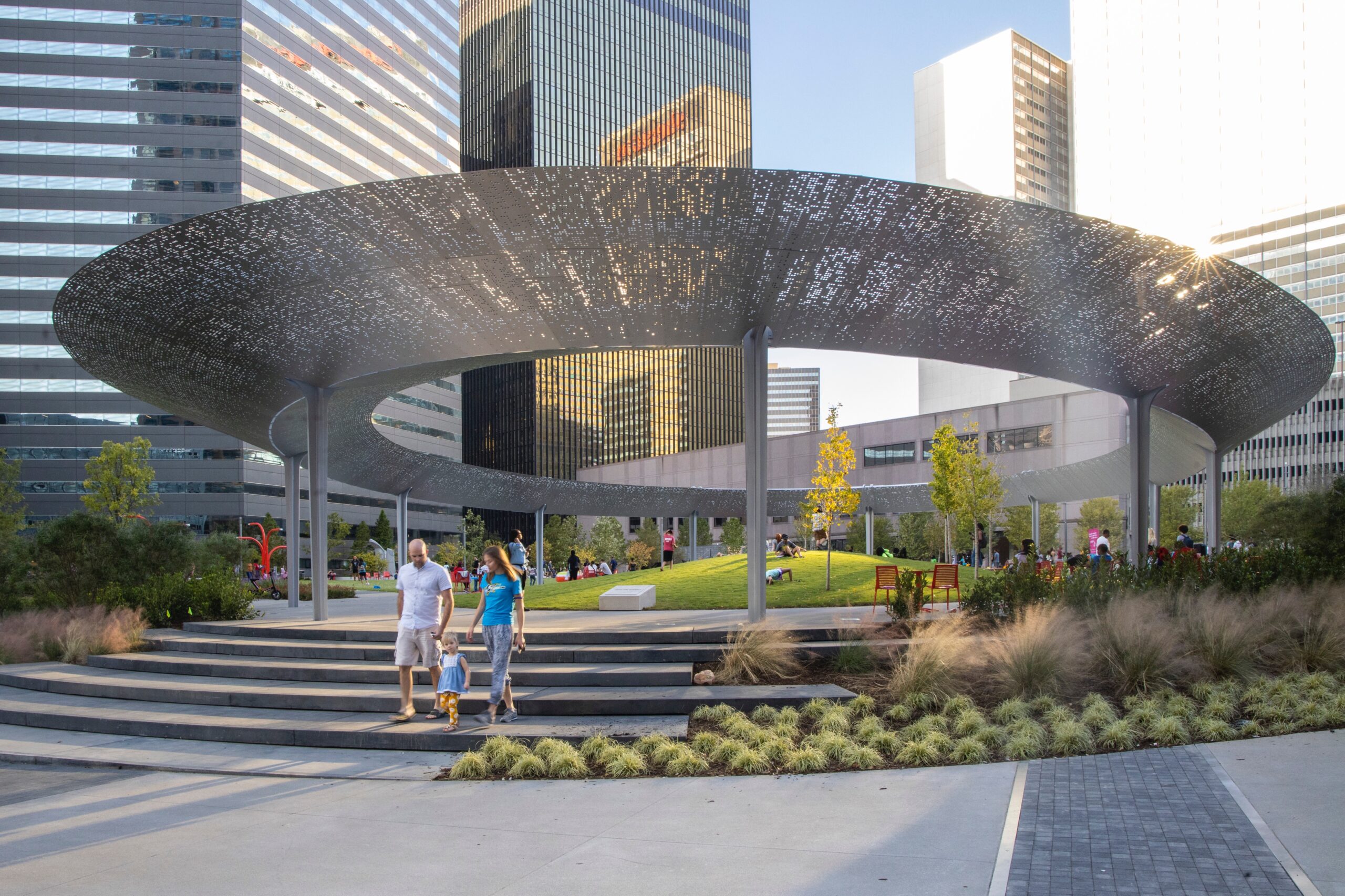Like so many things in our world today, urban density has become politicized, reduced to sound bites in an oversimplified reach to rush to unsubstantiated conclusions. One narrative making the rounds today suggests that density is to be avoided and that rural and suburban areas are intrinsically healthier. There are so many issues to examine in this discussion, so let’s consider some of the advantages and disadvantages of urban density and take a macro view on how we can make our cities healthier and more resilient.

During the current pandemic, cities have experienced higher rates of infection, mainly because that is where the virus first landed. Now, the virus is everywhere—Congress, Major League Baseball, the White House, and rural and suburban areas. And it looks like it is here to stay until an effective vaccine is widely available.
Now, through time and more study, we know that there are many other contributing social factors to the spread of the virus—socio-economic status, ethnicity, underlying medical conditions, and age. These factors are present in rural, suburban, and urban areas alike. Yet, large cities have proven better equipped to fight the disease because they have a higher concentration of hospitals, medical professionals, and public-health officials.
HKS has been researching the correlation between density and infection rates, and the data shows that equity is a more consistent predictor of infections than density, at least on a first glance of the data in New York City and the larger Dallas-Fort Worth area.

This virus will not derail the trend of urbanization. In fact, this dilemma may serve to open our eyes, our hearts, and our resources to consider a more holistic approach to urban design that is more inclusive, more sustainable, and more resilient. Our personal and community health are intrinsically entwined.
Our firm recently completed a study we are calling Community-Bloc that puts forward a framework for designing more resilient communities that have the built-in agility to respond to a public health crisis.

The framework calls for healthier buildings that provide ample, fresh air with better ventilation and access to daylight; a connected network of urban parks and green spaces; access to fresh produce and groceries; proximity to quality healthcare; a variety of housing types that serve all members of the multi-generational, multi-ethnic community; inclusion of quality education facilities and daycare; and access to supporting amenities all within a half-mile walk.
A bit of a “back to the future” move before the automobile allowed us to disperse many of these connected activities. Community Bloc thinking also allows for purposeful flexibility at a time when jobs and true human productivity are also in extraordinary demand.
What sort of new ways of working and being productive might arise on the canvas we create? We can only imagine.
During a pandemic, the community can monitor access points and screen for infection, limit vehicular traffic, be self-reliant by accessing neighborhood businesses and services, provide a robust digital infrastructure that will ensure business and communication continuity and, most importantly, protect the physical and mental wellbeing of residents. In normal times, the borders of Community Blocs are meant to be porous, loose, welcoming, and expansive.
The city of Dallas has made some great strides to incorporate many of these things into our urban areas. But we can do more. This won’t be our last public health crisis. If we work together as a networked, integrated metropolitan area and plan now, we will ensure a healthier and more productive future for all.
Dan Noble is president, chairman, and CEO of HKS Architects.





